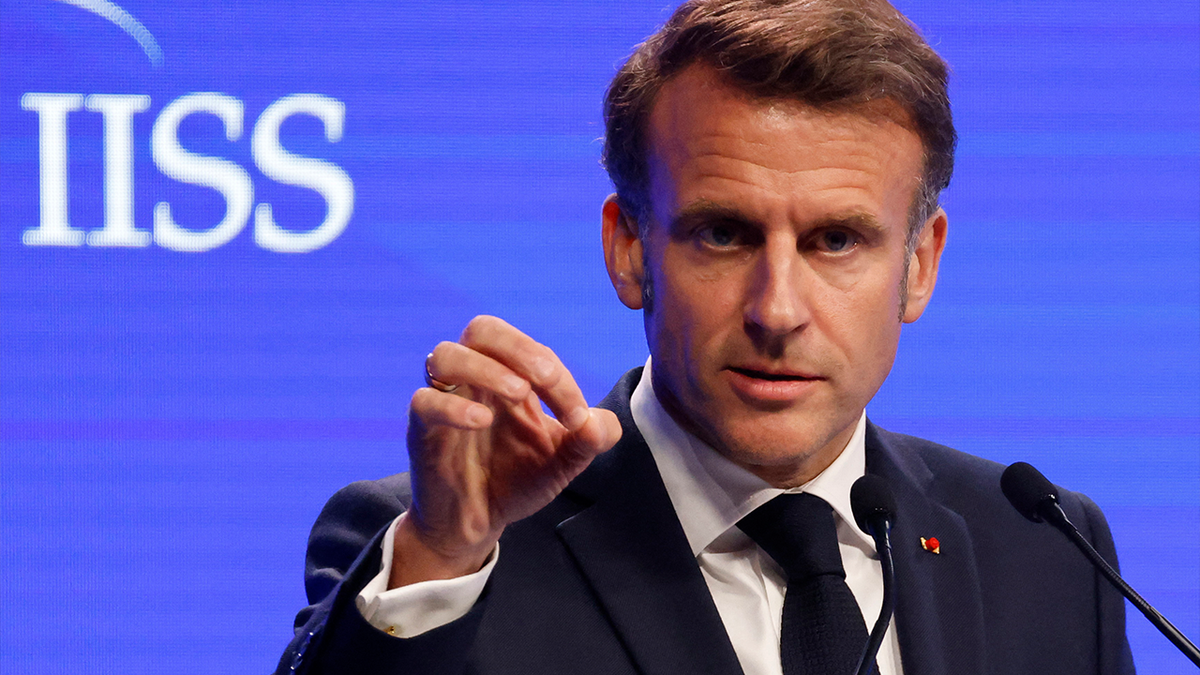Articles in this Cluster
01-06-2025
The EU condemned US President Donald Trump’s surprise plan to double tariffs on steel and aluminium imports from 25% to 50%, saying it undermines ongoing trade negotiations and adds uncertainty and costs. Brussels warned it is prepared to impose countermeasures, noting it had paused its own in April to enable talks. The move also casts doubt over the UK’s unsigned zero-tariff steel deal with the US; UK officials are seeking clarity and industry called the announcement another blow. Trump framed the increase as support for domestic steel and reduced reliance on China, citing planned investments, amid ongoing legal challenges to some tariffs and stalled EU-US negotiations.
Entities: European Union, United States, Donald Trump, steel tariffs, aluminium imports • Tone: analytical • Sentiment: negative • Intent: inform
01-06-2025
Trump’s top economic advisers insist the administration’s sweeping tariffs will remain despite a court ruling that Trump exceeded his authority under the IEEPA. A federal appeals court has paused the ruling, setting up a likely Supreme Court battle. NEC Director Kevin Hassett expressed strong confidence the Court will uphold the tariffs, while noting backup legal avenues if needed. Commerce Secretary Howard Lutnick warned that narrowing IEEPA would weaken U.S. strategic leverage. The legal uncertainty clouds a central Trump policy that has reshaped global trade since April, as the EU prepares countermeasures and the White House argues a loss would harm U.S. negotiating power. Trump said an adverse ruling would risk “economic ruination.”
Entities: Donald Trump, International Emergency Economic Powers Act (IEEPA), U.S. Supreme Court, National Economic Council (NEC), Kevin Hassett • Tone: analytical • Sentiment: neutral • Intent: inform
01-06-2025
The article outlines President Trump’s rapid, shifting rollout of global tariffs in 2025, highlighting broad levies on all trading partners, targeted product-specific hikes, and frequent reversals or escalations. It emphasizes the volatility of tariff policy under Trump—changed “at the flick of a switch”—and notes a looming legal test after landmark Court of International Trade rulings that could constrain his authority, which the administration is appealing. It serves as a timeline-style guide to where tariffs stand and how they evolved.
Entities: Donald Trump, global tariffs, United States, Court of International Trade, CNN Business • Tone: analytical • Sentiment: neutral • Intent: inform
01-06-2025
Donald Trump announced the U.S. will double tariffs on steel imports from 25% to 50% and raise levies on aluminum starting Wednesday, aiming to bolster domestic industry and reduce reliance on foreign metals, particularly from China. He framed the move as support for American workers and criticized “shoddy steel from Shanghai.” The UK expects to be exempt under a recent US-UK trade deal that sets quotas at MFN rates, though officials acknowledge uncertainties. The higher tariffs could raise costs for U.S. products using steel and aluminum. Trump also accused China of violating a critical minerals rollback agreement. The U.S. imports roughly a quarter of its steel and is heavily reliant on Canadian aluminum.
Entities: Donald Trump, United States, China, steel tariffs, aluminum tariffs • Tone: analytical • Sentiment: neutral • Intent: inform
01-06-2025
The article examines how the U.S. populist right’s deepening hostility toward the European Union—rooted in critiques of EU regulation, tech and climate policies, defense spending, and supranational governance—is shaping the Trump administration’s confrontational trade stance. While the U.S. has advanced a U.K. deal, talks with the EU have stalled amid a threatened 50 percent tariff on EU imports and a strategy that courts individual European nations while sidelining Brussels. Prominent MAGA figures and conservative media portray Europe as overregulated, censorious, and misaligned with American values, reinforcing a political climate that treats the EU less as an ally and more as a rival. European leaders, including Ursula von der Leyen, warn of a more antagonistic era, as mutual distrust risks enduring damage to trans-Atlantic cooperation and complicates any near-term trade agreement.
Entities: European Union, United States, Trump administration, Ursula von der Leyen, MAGA movement • Tone: analytical • Sentiment: negative • Intent: analyze
01-06-2025
Top Trump economic officials said they will keep tariffs in place despite a federal court ruling that many are illegal, citing alternative legal authorities and an appeals pause as the case heads toward the Supreme Court. Commerce Secretary Howard Lutnick said the 90-day suspension of “reciprocal” tariffs would not be extended, raising the likelihood steep duties take effect in July. The administration argues striking down tariffs would undercut U.S. leverage in negotiations, as talks with China stall and Beijing limits rare earth exports. Trump also doubled steel tariffs to 50 percent, a move that could raise consumer and construction costs, while officials insist they will secure “first-class deals” even as progress has lagged.
Entities: Trump administration, tariffs, federal court ruling, Supreme Court, Commerce Secretary Howard Lutnick • Tone: analytical • Sentiment: negative • Intent: inform
